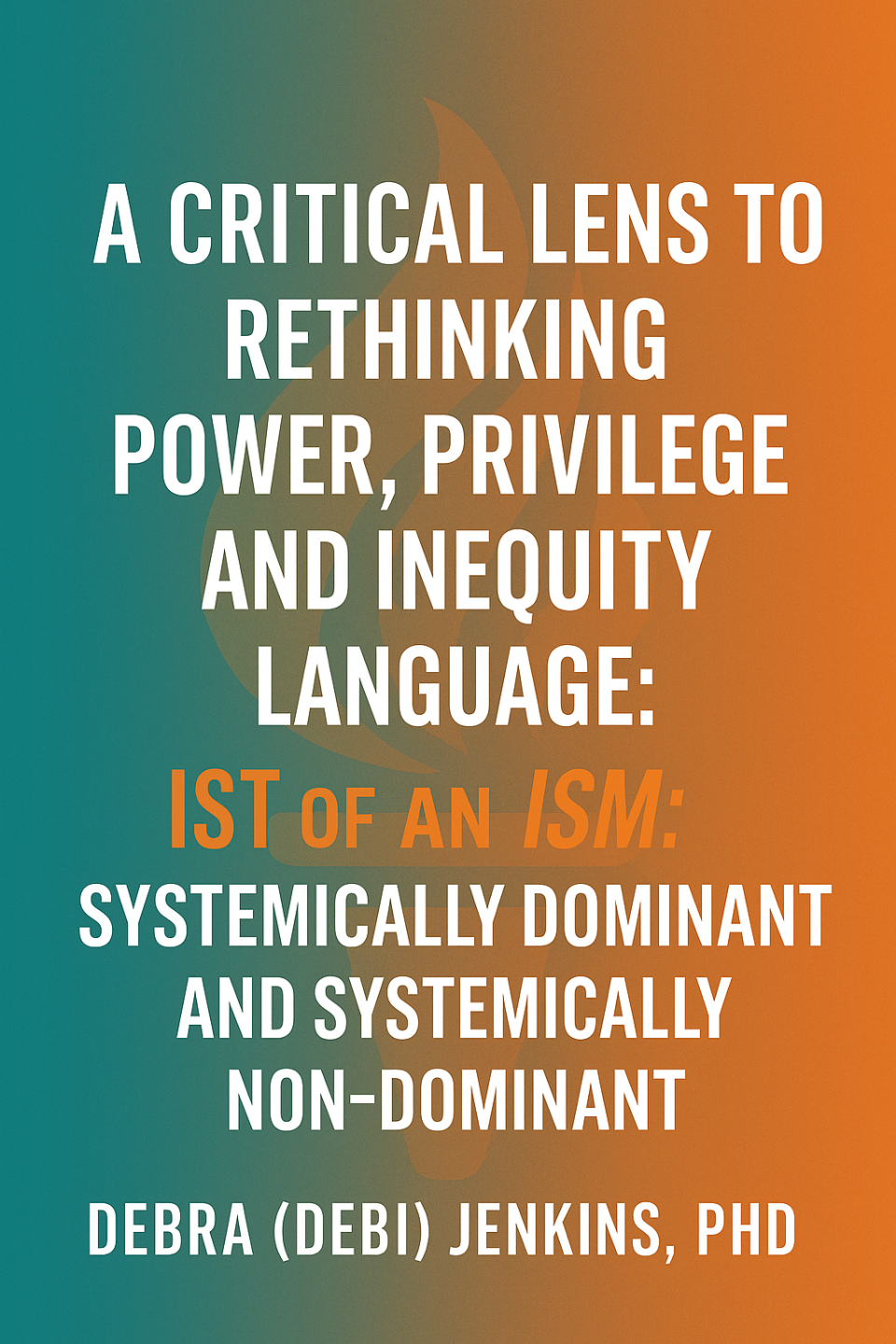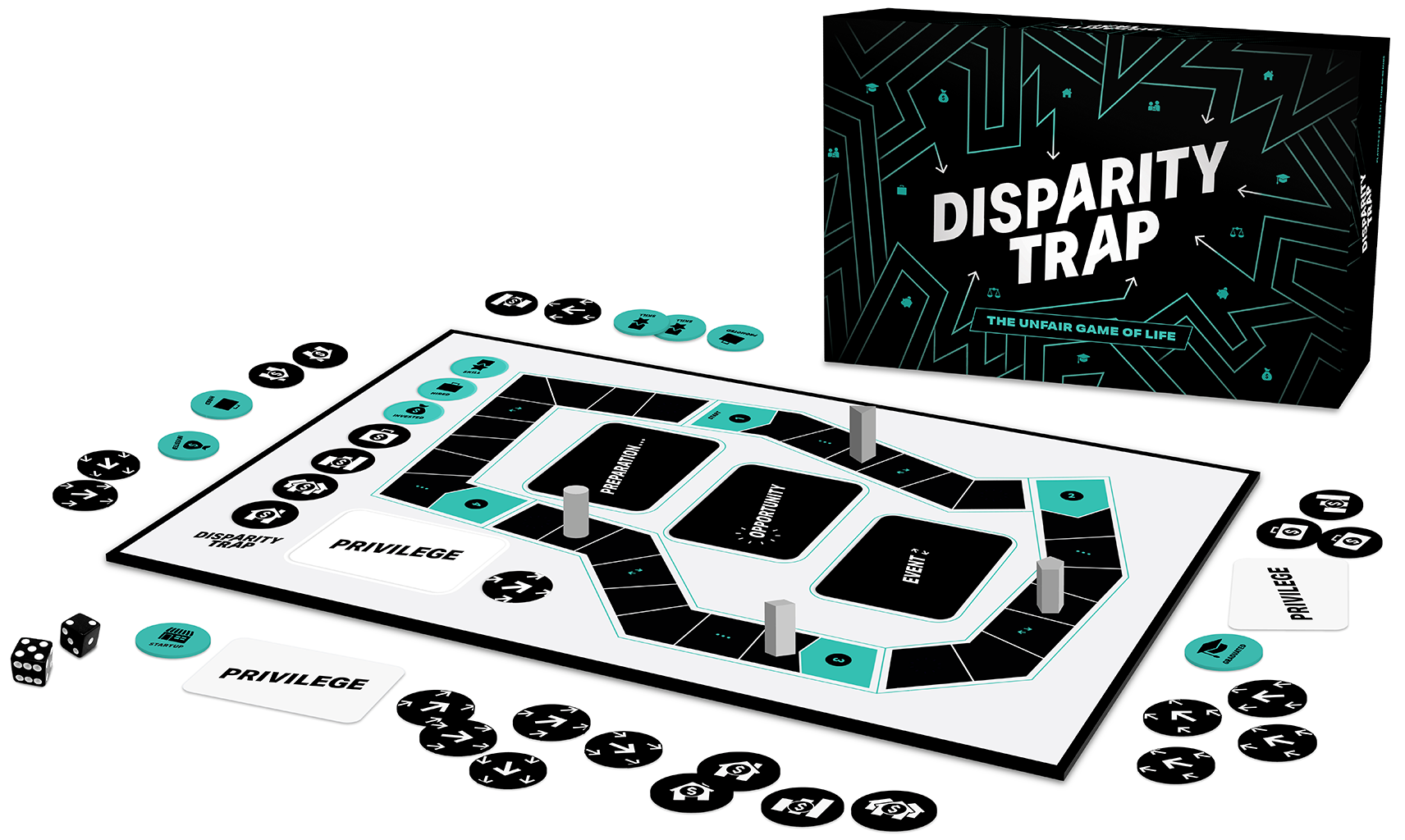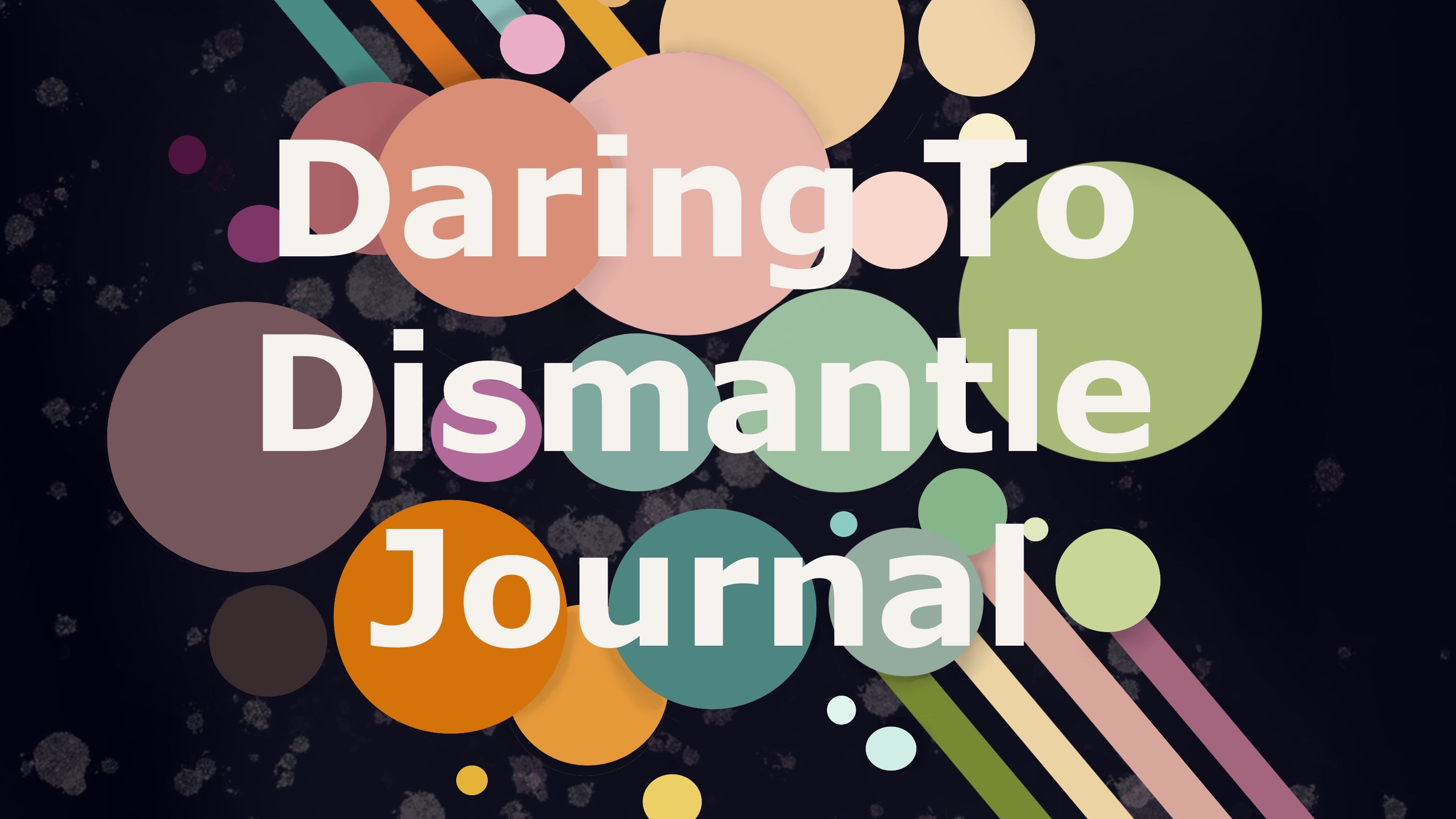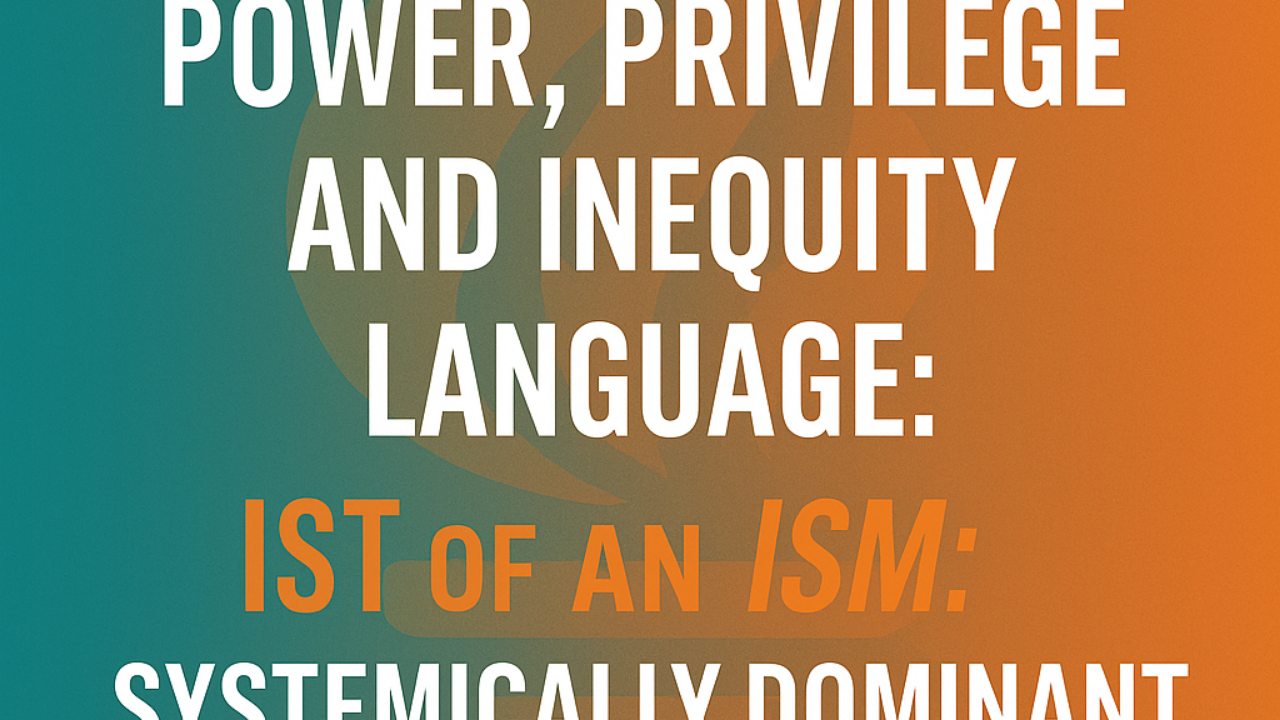Purchase the IST of an ISM Systemically Dominant/Systemically Non Dominant Book Series Today!
IST of an ISM/Systemically Dominant/Systemically Non Dominant Series Book One:
Daring to Dismantle Audaciously Addressing Race and Caste in Betrayal Trauma Through the IST of an ISM: Systemically Dominant and Systemically Non-Dominant Paradigm ISBN-13:979-8-218-99368-9
Table of Contents
Introduction: Why Daring to Dismantle?
Chapter One Grounding Inheritance as a Container for Healing
Chapter Two: IST of an ISM: Systemically Dominant and Systemically Non-Dominant Paradigm
Chapter Three: Social Justice Lens in Addressing Betrayal Trauma
Chapter Four: Systemic Trauma | Societal Betrayal
Chapter Five: Racialized Trauma and Minoritization Theory
Chapter Six: Historical Racialized Trauma and Minoritization Betrayal: Lived Experiences
Chapter Seven: Developmental, Interpersonal, and Intergenerational Trauma and Betrayal: Early Childhood/Elementary
Chapter Eight: Developmental, Interpersonal, and Intergenerational Trauma and Betrayal: Family Dynamics
Chapter Nine: Developmental, Interpersonal, and Intergenerational Trauma and Betrayal: Middle Childhood/Adolescence
Chapter Ten: Developmental, Interpersonal, and Intergenerational Trauma and Betrayal: Adulthood/Parenting
Chapter Eleven: Institutional Trauma | Medical Betrayal
Chapter Twelve: Institutional Persistent | Workplace Betrayal
Chapter Thirteen: Committed Relationship Compulsive Sexual Betrayal
Chapter Fourteen: Faith-based Betrayal Trauma
Epilogue
IST of an ISM/Systemically Dominant/Systemically Non Dominant Series Book Two:
Daring to Dismantle Journal: Curating Cultivating and Creating Radical Trauma Healing and Justice Space Through the IST of an ISM: Systemically Dominant and Systemically Noin-Dominant Paradigm
ISBN-13:978-1-7332226-1-7
See the full cover of the book below after description.


Diversity and Inclusion in the Global Workplace
Dr. Debi shares insight in collaboration with others from around the world as a contributing author to this book which is an edited collection offering a nontraditional approach to diversity management, going beyond gender, race, and ethnicity. Examining ageism, disability, and spirituality, the book provides a discussion of different D&I applications and introduces a framework consisting of a diagnostic phase, gap analysis, and an action plan, which can be modified to attend to specific needs of organizations. Researchers and practitioners will learn a viable way to address diversity in global organizations.

Disparity Trap Game and DEI Workshops
The games creator Christian Telesmar says, that "Disparity Trap leans on the research and work of Dr. Debra (Debi) Jenkins, a professor in education and psychology and a consultant in justice, equity, diversity, and inclusion. Dr. Jenkins shares the following about the game below,"
"Racism is a system created before anyone today was born and remains one of the most unfinished conversations within the United States. Disparity Trap brilliantly provides a learning opportunity to acquire a deeper understanding of inequity and to begin conversations about racism in an innovative yet poignantly strategic way! Links to statistics give players a relevant connection to how racism continues to impact on systemic, institutional, and interpersonal levels.
Systemic racism, as a system of oppression, has beneficiaries and nonbeneficiaries. I created the language systemically dominant (SD)- those a system was created to benefit and systemically non-dominant (SND) - those a system was not created to benefit for my IST of an ISM paradigm. The paradigm and language prevent misunderstandings about who holds systemic power and privilege which is at the root of inequity. The language SD and SND are used in Disparity Trap to provide language which can promote forward movement and help participants understand inequity as the intended outcome of systemic oppression.
The Disparity Trap board game is fun, educational, and insightful! Youth (ages 14) up to adults can learn how race as a system impacts those of us who live within the United States. Disparity Trap can encourage a step towards the work of dismantling oppression and can bring conversations about race to effective levels whether played at home with friends and family, in professional settings, or in junior high through college- level classrooms."
-Dr. Debra (Debi) Jenkins
*systemically dominant and systemically non-dominant terminology are from the “IST of an ISM” paradigm by Debra (Debi) Jenkins, PhD (all rights reserved and used by permission).
The Traveling Vegan
Washington State had always been home for Christina. Around 2017, at the age of 28, she moved and lived in North Carolina and started to plan a life in the southern state until she got a calling to move to New York. Not everyone was on board with this new life choice, but Christina knew the God of her faith had a plan for her life. After taking the leap of faith, she found herself living a nomad’s lifestyle. This was no ordinary life, as seen on Instagram. This lifestyle had trials and tribulations that were unexpected. Although, it was a challenge Christina continued trusting the God of her faith. She invites readers to come and follow this traveling vegan on her nomad’s journey which brought a green book to life.

I Love My Kind of Brown
Book is currently out of stock
Item to return soon
I Love My Kind Of Brown is a charming expression of poetic childhood self-love. The book, specifically, teaches young children to appreciate and embrace the skin color they are in within the context of learning primary and secondary colors. This is the first book of the Sugar Pudding's People Equity Series for young children, introducing children to the main characters of the series. Dr. Debra Debi Jenkins PhD is the author and this book is illustrated by Christina Jenkins, MFA.




